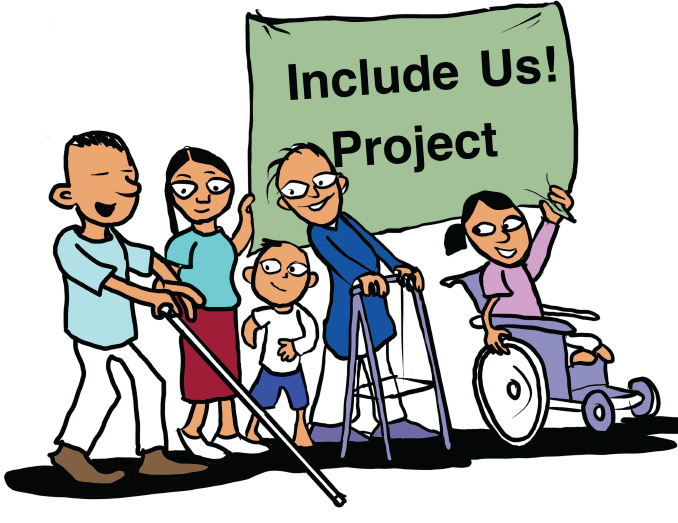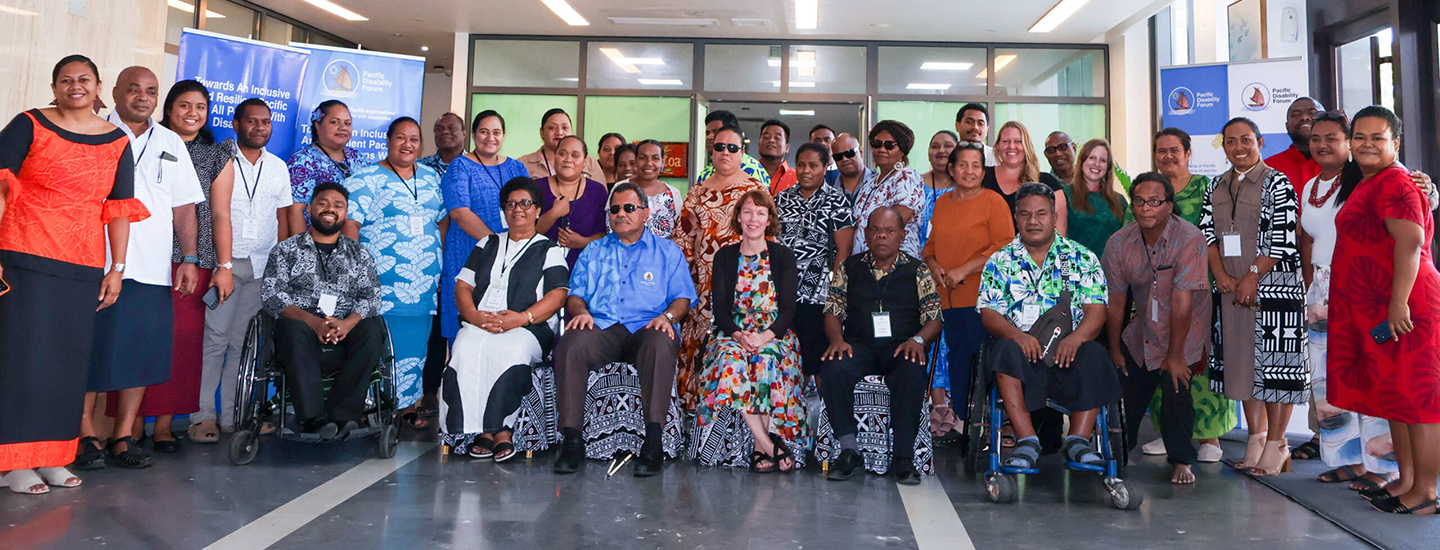Discovering my passion for mental health
Stories | December 29, 2021
This blog was written by Dr Julian Eaton, CBM’s Global Mental Health Advisor.
When I was visiting the CBM Australia office in Melbourne recently, someone said to me that they wished they had my job. My immediate reaction was to say, “Yes, I have the best job in the world!”. CBM is an organisation that has a long-standing reputation as a leader in the field of disability, and it’s been a privilege to work with my experienced colleagues as we seek to apply this experience to our innovative work in mental health.
I was born and brought up in what is now the Democratic Republic of the Congo, (previously Zaire) where my parents were missionaries, working in education and health in very rural parts of the country. Their example, and my early experiences meant that I was always drawn to work in Africa, and I decided to study medicine to be able to offer a useful skill. I started training in general practice, but when we had an attachment in psychiatry, I realised that I loved the work of engaging with people affected with a mental health issue, and their families.
One Sunday at church, a visiting speaker mentioned a mental health project he supported in Nigeria. My wife and I spoke to him afterwards, and before long, we were heading out to Nigeria to volunteer on a project looking after homeless people affected by mental health issues.
We spent three years in this project in rural Nigeria, where I was responsible for the community outreach program, as well as the health needs of the residents of the therapeutic community. The project where we lived provided an environment where people could learn to live in the community again after being homeless, often for many years. These years were full of learning for us, and we have been profoundly shaped by the challenges, but also many joys of living in an African village setting.
It was around this time that CBM started work in mental health, as several partners said they needed help to support this particularly neglected group of people. I was invited by CBM to work as an advisor for this new work in mental health, initially in Nigeria, and later more widely. Over the years, I have seen many people benefit from CBM’s partner programs.
One particular story that always reminds me of the importance of our work is remembering a man who I met through a partner in northern Nigeria. Mr Jidda had a promising future, he was working at the Nigerian Customs Service and was rising fast through the ranks.
He started noticing that he had some swelling, first in his buttocks, and then continuing into his legs. He sought help from traditional healers, doctors, hospitals – but no one could help.
Eventually, after his leg swelled so much that Mr Jidda had difficulty walking, he was diagnosed with elephantiasis. And he was forced to retire from his job, even though he wanted to and was capable of continuing.
Not only did this affect how he could provide for his family, but it also made him feel hopeless. He felt very low, and could not find any reason to live, and gradually he withdrew from the world. He rarely left the house, because when he went out, people would run away from him, fearing that they could catch his infection, and children threw stones at him.
Mr Jidda never spoke to anyone about his feelings of hopelessness and the services he did use did not provide help for emotional or mental health needs. This is typical of services for people with disabilities, where we need to do better in helping people overcome barriers and provide support but also care for their mental health at the same time.
Mr Jidda is now an advocate for mental health and recently travelled with me to share his story with other organisations to ensure we’re looking out for people with mental health issues!
Thanks to your support, CBM is reaching out to those who are experiencing mental health issues and ensuring they have the support they need and are included in their families and communities.
Photo: Julian Eaton, with his wife and two children in Nigeria.
https://www.cbm.org.au/stories/discovering-passion-mental-health
Related Stories

Vision for all: Why access to eye health is a precondition for inclusion
For millions of people in India, particularly those living...

Easy Read your way through our evaluation report
At CBM Australia, we recognise that accessibility is not optional – it is a...

Growing Stronger Together: Supporting OPDs across the Pacific
CBM Australia is proud to partner with Pacific Disability Forum on the Growing Stronger...
